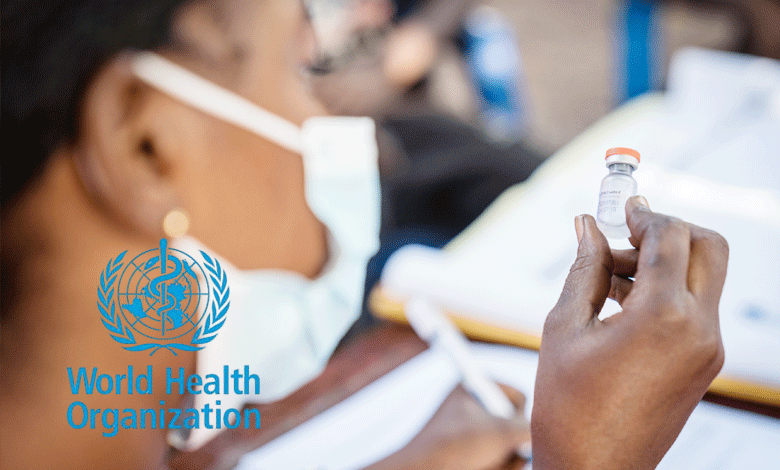Seasonal Influenza a Global Threat, WHO Advocates Immediate Vaccination
Vaccination is particularly critical for these vulnerable populations to reduce the risks associated with seasonal influenza.

Geneva: The World Health Organization (WHO) has raised alarm over the rising respiratory issues causing the deaths of approximately 650,000 people annually worldwide. The organization has emphasized the urgent need to get vaccinated against seasonal influenza.
In a program titled “Science in Five,” aired on WHO’s official platforms, health experts highlighted that vaccination is the most effective way to protect people from influenza and related fatalities.
Dr. Shoshana Goldin, an official from WHO’s Emergency Unit, discussed seasonal influenza in the program. She stated that health experts and public health scientists globally are working to protect humanity from this virus.
Also Read: New Ration Cards: Will January 26 Mark the Beginning or Another Delay?
Influenza: A Complex and Ever-Changing Virus
Dr. Goldin explained that influenza is a sophisticated virus that continuously evolves. Vaccination remains the most reliable method to prevent illness and death caused by this virus.
She emphasized the importance of keeping people informed about updates to influenza viruses and vaccines. Known as flu shots or flu jabs, influenza vaccines are designed to protect against viral infections. Given the rapid mutation of influenza, these vaccines are updated twice a year to ensure effectiveness.
The Danger of Influenza
- Influenza is a resilient virus that carries numerous strains, constantly adapting to overcome immune defenses and cause various illnesses.
- It is present in every country and results in hundreds of thousands of deaths annually.
- While the flu is a common illness, it can be particularly dangerous for individuals with weakened immune systems.
Symptoms and Impact
Influenza (flu) is a lung infection caused by a virus. Although flu can occur year-round, it is most common during autumn and winter. Symptoms include:
- Fever
- Muscle pain
- Headache
- Sore throat
- Cough
- Weakness
These symptoms usually last 2 to 7 days, though cough and fatigue can persist for up to six weeks, significantly impacting daily life.
Vulnerable Groups
Dr. Goldin noted that seasonal influenza places a significant burden on WHO, and certain groups are at higher risk of severe illness or death from the virus, including:
- Elderly individuals
- Pregnant women
- People with chronic diseases
- Patients with heart and lung conditions
- Those with diabetes, obesity, or HIV
Vaccination is particularly critical for these vulnerable populations to reduce the risks associated with seasonal influenza.
